Britain & Ireland 1509-1745
In this section you will find articles to help you unpick the truths from the myths of the Tudor period, examine how Cromwell took the country to war and explore how some the most important political thinkers began to shape the modern world. There is also guidance for teaching some of the information collected here to pupils and different age ranges.
Sort by:
Date (Newest first) | Title A-Z
Show:
All |
Articles |
Podcasts |
Multipage Articles
-
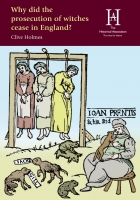
Why did the prosecution of witches cease in England?
ArticleClick to view -

The Local Community and The Great Rebellion
ArticleClick to view -
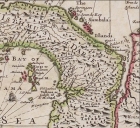
The Darien Scheme - Pamphlet
ArticleClick to view -
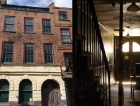
Helping Year 9s explore multiple narratives through the history of a house
ArticleClick to view -

Podcast Series: The History of Science
Multipage ArticleClick to view -
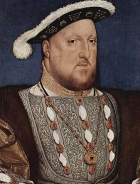
Early Modern Britain 1509-1745
ArticleClick to view -
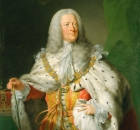
Making sense of the eighteenth century
ArticleClick to view -

Podcast Series: The Reformation
Multipage ArticleClick to view -
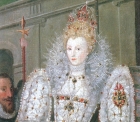
Polychronicon 154: Elizabeth I
ArticleClick to view -
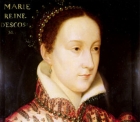
The Evidence of the Casket Letters
ArticleClick to view -
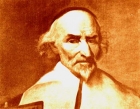
Regional Aspects of the Scottish Reformation
ArticleClick to view -

Currency and the Economy in Tudor and early Stuart England
ArticleClick to view -
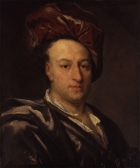
Bolingbroke
ArticleClick to view -
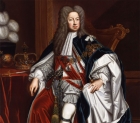
Podcast Series: The Early Georgians
Multipage ArticleClick to view -

Podcast Series: Origins of the European Financial Markets
Multipage ArticleClick to view -

Cunning Plan 151: When and for whom has 1688 been 'Glorious'?
ArticleClick to view -

Polychronicon 151: Interpreting the Revolution of 1688
ArticleClick to view -

Triumphs Show 150.1: meeting the challenges of the A2 synoptic unit
ArticleClick to view -

Podcast Series: Early Modern Ireland
Multipage ArticleClick to view -

Central and Local Government in Scotland Since 1707
ArticleClick to view

